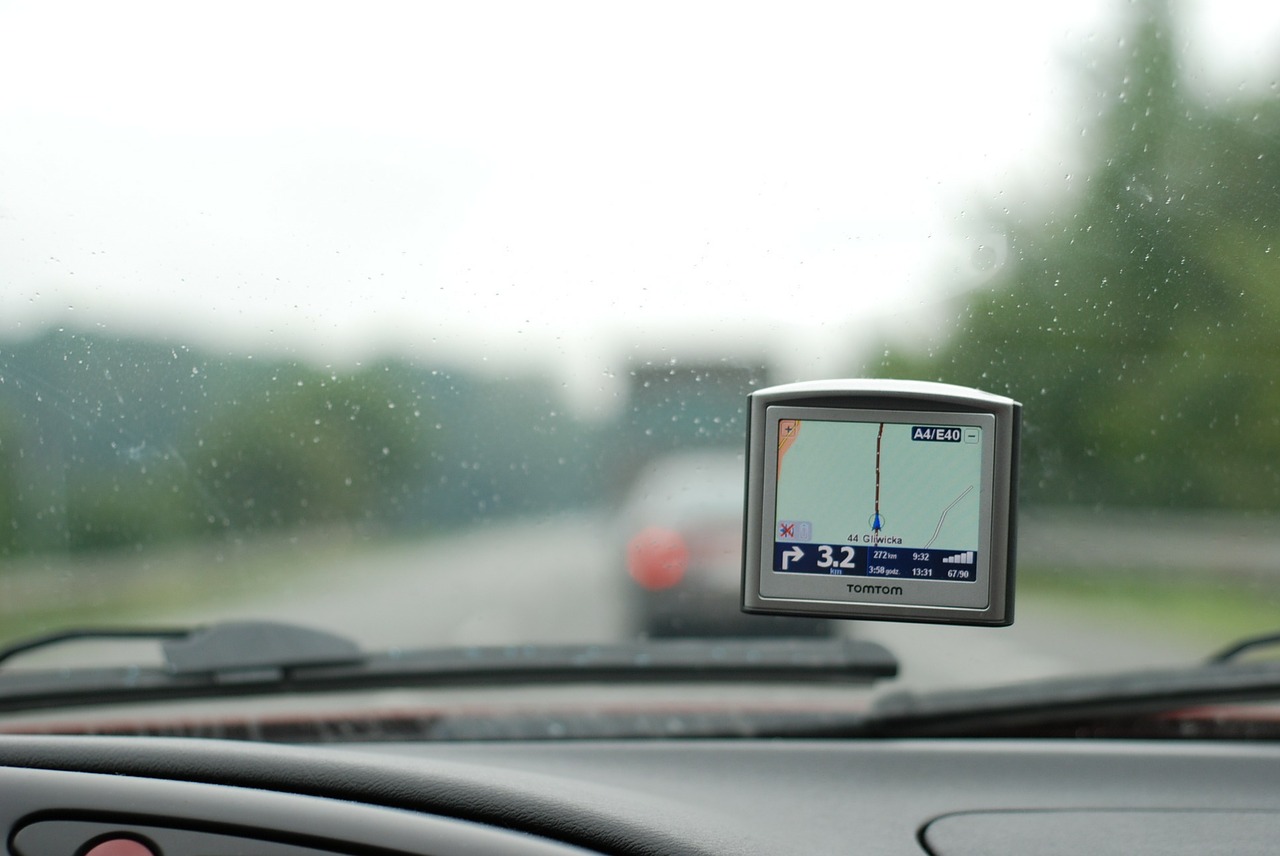Are you losing opportunities because of the sound of your voice? Have you ever heard a voice that was velvety and inviting? What about a voice that sounded like nails on a chalkboard?
Recently, I attended a virtual program The webinar was about a new app. I was interested in the topic and took out my journal ready to take notes. What happened next was jarring. The presenter’s voice started to get in the way of the message. There were three reasons her voice was so irritating:
Vocal fry. She had that low pitched gravely Kim Kardashian voice that is so popular in the media especially for female speakers. Vocal fry can often make a presenter sound depressed.
Uptalk. Uptalk or upspeak is a singsong, rising inflection at the end of a sentence. It sounds like the speaker is asking a question instead of making a statement. It sounds tentative and gives rise to a lack of conviction or even credibility.
Speed talking. The woman didn’t take a breath. She rattled on speaking in one run-on sentence or paragraph. In the absence of pausing, there was no space for the message to land.
Now combine them all together and you have a recipe for an unsavory vocal stew. I tried to multi-task while the speaker was talking but it only served as background noise. The voice can create a mood and her vocal pattern was having a negative psychological effect on my attitude.
I left the meeting. This presenter was not alone in having trouble using her voice.
Interestingly, that same week I received an inquiry from a company. The caller wanted to know if I could help her. She explained that some people were leaving virtual meetings because of the quality of the presentations. She recognized that some of her staff needed to work on their voices. They lacked excitement and even though their department had a unique product, the message wasn’t getting out. Nobody knew about it because of the way the staff used their voices. The sound of their voices was eclipsing their success and their brand.
How do you improve the sound of your voice? Follow these three steps:
Awareness. Ask a trusted friend or advisor about your voice. How does it sound? Is there anything about the vocal quality that could cause people to stop listening? Once you have some feedback, listen to your own voice to hear what others are hearing. Get some other opinions.
Breathing. The next step is to work on your breathing. Breath support is the foundation of a good voice. Learn breathing exercises to sustain the voice, project the voice and create strategic pauses.
Practice. Incorporate your breathing exercises into your daily practice. Work with a voice coach. Watch broadcasters you admire. and model what they do. Record yourself until you notice a difference. Ask others for feedback.
You can either allow the sound of your voice to eclipse your success or you minimize those vocal shadows and shine in the spotlight.
To learn how to Speak Confidently and Effectively check out my LinkedIn learning course. It ranked in the Top 20 Most Popular courses for 2 years.
To learn techniques to overcome fear of speaking, read Chapter 3 of Knockout Presentations.
To work with me contact DiResta Communications, Inc.




 Whether you are a
Whether you are a  Do you have a voice? Voice matters. Everyone has a right to express their voice. But you can't do that if you've lost your voice. It's World Voice Day,
a day dedicated to the care of the voice. You use your voice everyday and vocal misuse and abuse are not uncommon. Follow these tips for a healthy voice.
Do you have a voice? Voice matters. Everyone has a right to express their voice. But you can't do that if you've lost your voice. It's World Voice Day,
a day dedicated to the care of the voice. You use your voice everyday and vocal misuse and abuse are not uncommon. Follow these tips for a healthy voice.
 Does your voice crackle like bacon? You may have
Does your voice crackle like bacon? You may have